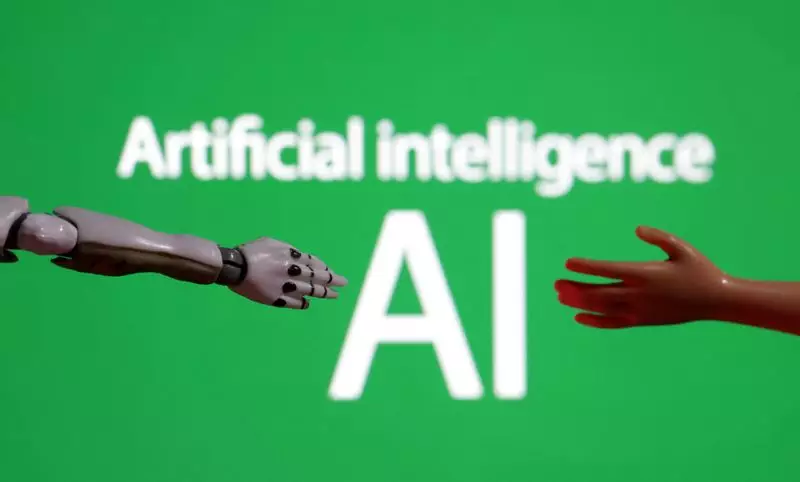In recent years, the discourse surrounding artificial intelligence (AI) has gained substantial momentum, signifying an impending shift in the global economic landscape. Championing this transformation is the United States, poised to lead the way in AI advancements. Analysts, particularly from TD Cowen, are closely monitoring the trends and transformative potential of AI, predicting that by 2025, this technology will yield significant changes across various sectors. With projections indicating a productivity boost of around $2 trillion, the implications of AI extend far beyond mere automation; they promise to redefine labor dynamics and create new economic paradigms.
Disruption of Labor and Productivity Gains
At the heart of this AI transformation is an undeniable impact on productivity. According to the TD Cowen report, AI is anticipated to slash labor costs by over 15%, subsequently automating up to 20% of tasks performed by 80% of the American workforce. This disruption of labor could lead to substantial efficiencies for businesses but raises critical questions about workforce displacement and required skillsets in an AI-driven future. Companies are racing to integrate AI into their operational frameworks, with over $1 trillion earmarked for capital expenditures to foster innovation and support commercial applications.
One of the most talked-about advancements in AI is its application in autonomous vehicle technology. Industry pioneers like Tesla and Waymo are leading the charge towards making self-driving cars a reality. Tesla’s ambitious goal to produce two million robocabs by 2026 underscores their commitment to outpacing human driving capabilities, with the rollout of full self-driving technology expected in 2025. Meanwhile, Waymo aims to establish itself as the “world’s most trusted driver,” showcasing the potential safety benefits of AI, including a reported 73% reduction in injury-causing crashes when comparing their technology to human drivers in similar conditions. These advancements signify not just technological progress but a cultural shift in how society perceives transportation and safety.
Beyond the automotive industry, AI’s potential to revolutionize healthcare is particularly noteworthy. The TD Cowen report highlights dramatic reductions in research and development costs, with estimates suggesting that AI could cut these expenses by as much as 70%. This transformation is poised to expedite drug discovery, diagnostics, and patient care, heralding a new era of medical innovation driven by AI capabilities. As the healthcare sector increasingly adopts AI technologies, it can not only enhance patient outcomes but also alleviate the financial burdens on healthcare systems and providers.
The rapid adoption of AI technologies is outpacing even that of cloud technology, signaling a significant shift in the pace of digital evolution. This momentum is largely attributed to advancements in generative AI, a subset of AI that not only enhances existing processes but is also capable of creating novel solutions and insights. The evolution of generative AI suggests an exponential growth trajectory, with innovations emerging more rapidly than previous technological cycles. This leap towards self-sustaining AI advancements highlights the profound implications for various industries and the need to adjust our understanding of technology’s impact on economic growth.
The array of opportunities presented by AI indicates that we are merely at the beginning of a transformative journey. While the advantages of enhanced productivity, reduced labor costs, and revolutionary applications in sectors like healthcare and transportation are laudable, they also pose challenges related to job displacement and training for the workforce of the future. As we navigate this landscape, stakeholders, including businesses, policymakers, and educators, must collaborate to harness the best of AI while addressing its potential pitfalls. The insights from TD Cowen reflect a collective anticipation of an AI-driven economy that holds the promise of increased efficiency, innovation, and overall economic growth, reshaping the way we live and work for generations to come.

